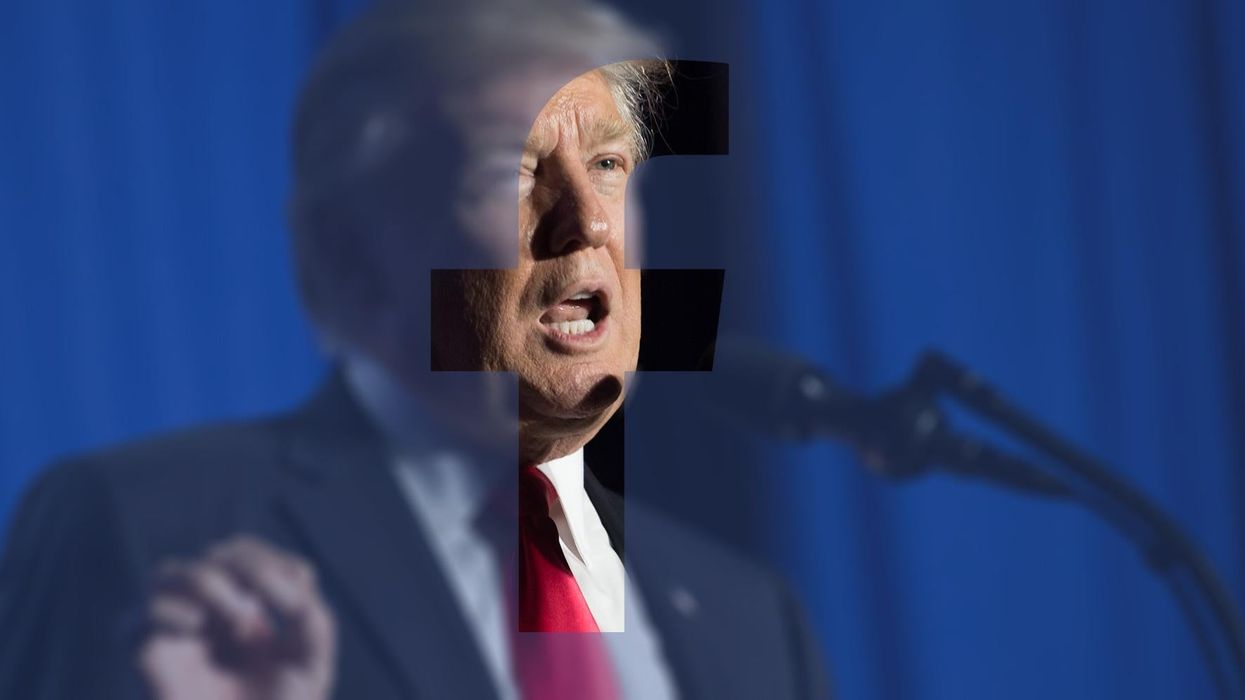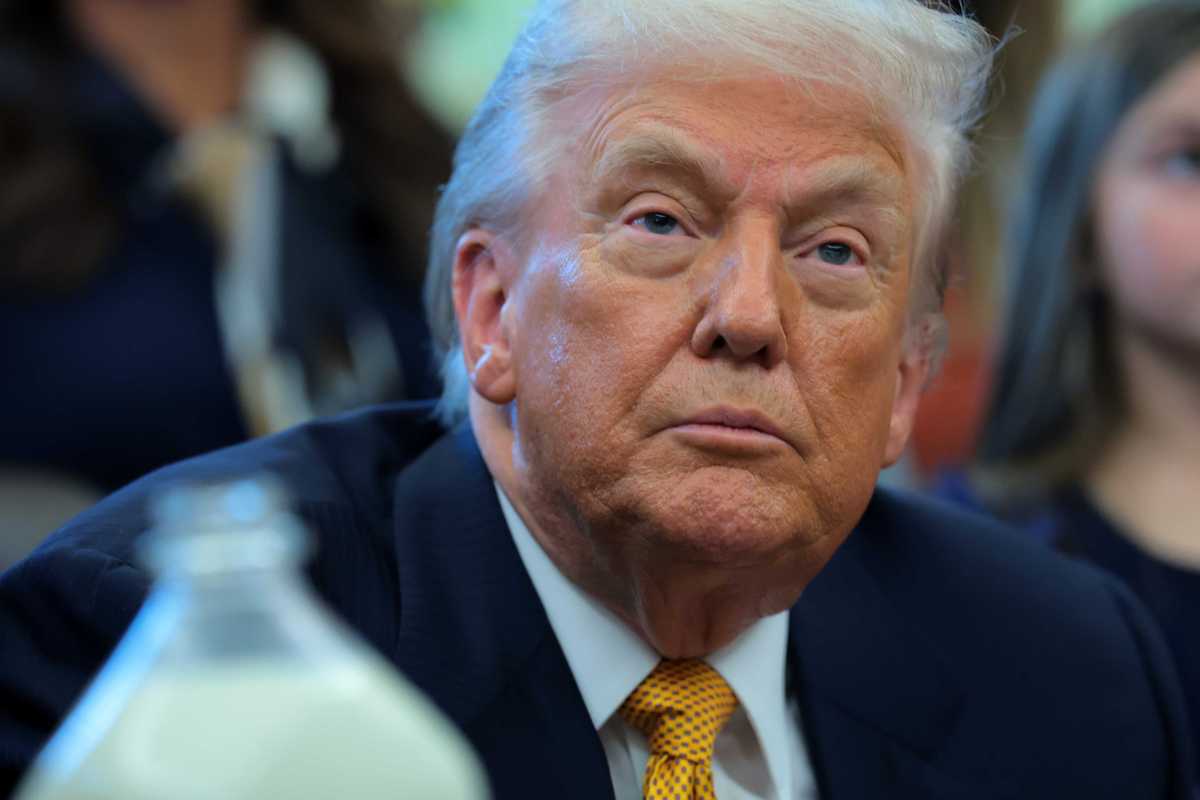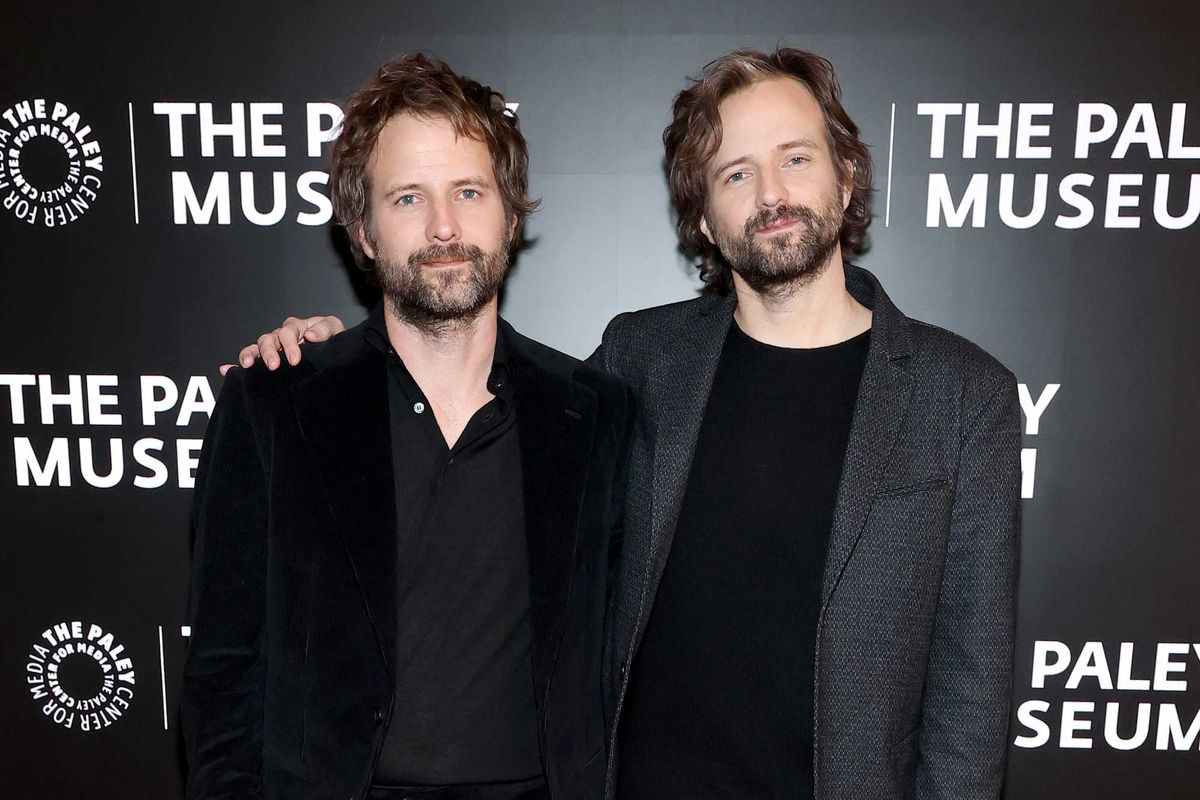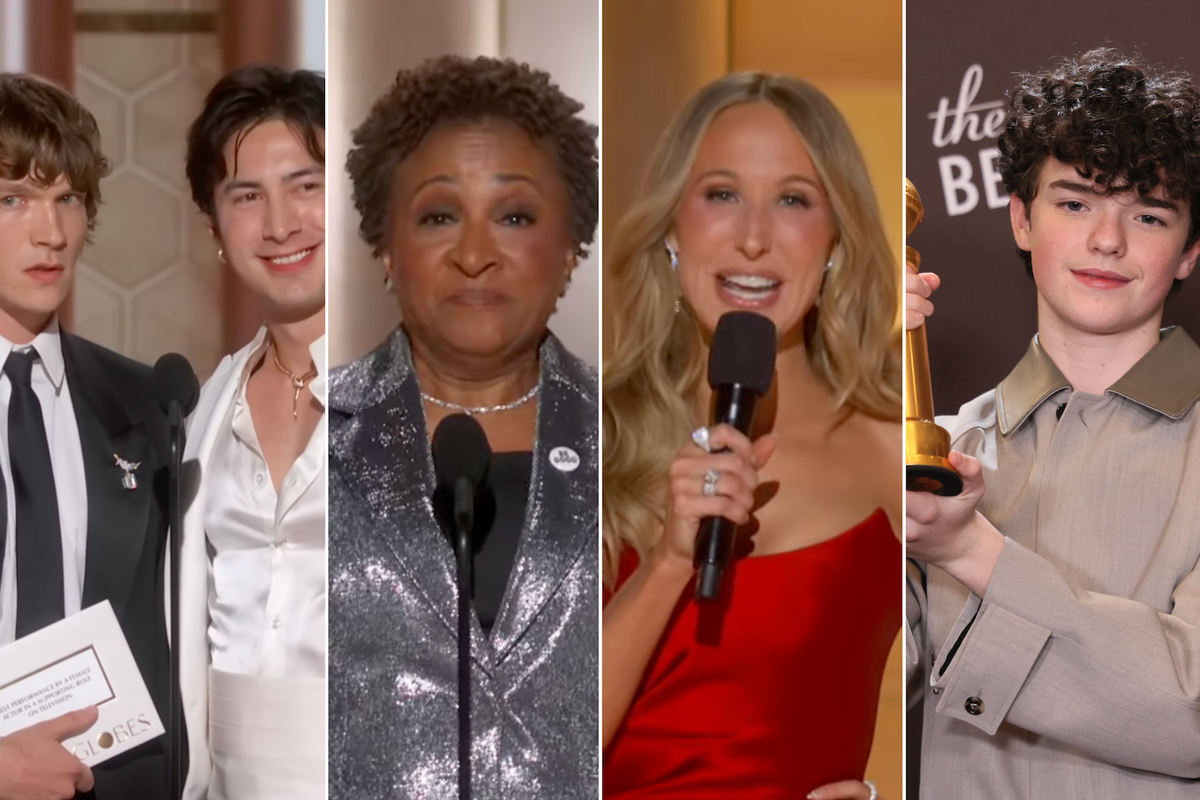Louis Dor
Jan 26, 2017

Picture:
Getty/edited by indy100
Depending on who you ask, you'll be told that Donald Trump's victory began in Cambridge University.
According to an article in Das Magazin, in 2008 a student called Michal Kosinski was accepted to the Cavendish Laboratory at the Psychometrics Center at the University of Cambridge.
While there he created a small app for Facebook, called MyPersonality.
In the app you'd answer a handful of questions from an O.C.E.A.N. survey that would then spit out a personality appraisal along these lines:
- Openness - How open you are to new experiences.
- Conscientiousness - How much of a perfectionist are you.
- Extroversion - How sociable are you.
- Agreeableness - How considerate and cooperative you are.
- Neuroticism - How sensitive or vulnerable you are.
Psychologists claim that with these metrics you can roughly outline someone's personality and how they will behave in a certain situation.
Using personal data to mine for values for all these attributes - such as social media contacts or (allegedly) the accelerometers in your phone -, Kosinski also found new ways to quantify them.
For instance; if your smartphone moves more quickly you're more likely to be emotionally unstable. If you like Wu-Tang Clan you're more likely to be heterosexual. If you like Lady Gaga you're more likely to be an extrovert.
Soon he was approached by a man called Aleksandr Kogan, who sought to do business on behalf of a company called SCL.
In November 2015, a company called Cambridge Analytica were announced as the brains behind the leave.EU campaign, which, led by Nigel Farage, claimed a victory on 23 June 2016.
Kosinski found that many of their methods rang true with his research.
Who was Cambridge Analytica's later client?
Their methods are open and explained, even on YouTube.
They claimed to work in vote suppression too, targeting wavering Clinton voters in Little Haiti in Miami with messages about Clinton Foundation failures following the 2010 earthquake.
Now a legend is being constructed around Cambridge Analytica that you can control a populace with the right message and the right numbers.
So, what does Kosinski himself think of the US election?
Bloomberg asked him in December:
Obviously, it is not big data analytics that wins the election.
Candidates do. We don't know how much his victory was helped by big data analytics.
Clinton was in the big data game before Trump, and all sophisticated political campaigns have been using a form of big data modelling for at least a decade.
Analytics can only go so far to targeting voters. They can help with a digital ad campaign and with crafting a message.
They can't help you in the moment behind a podium, and like it or not that's where Donald Trump won the United States.
HT AntidoteZine
Top 100
The Conversation (0)













